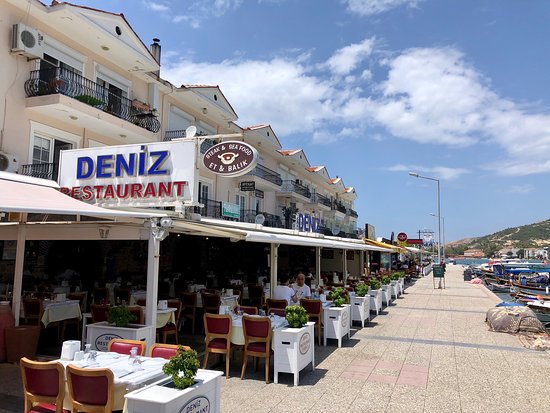Hakkâri
WELCOME TO Hakkâri
Province Overview
Hakkâri
7,121 km2
280,410
Turkish
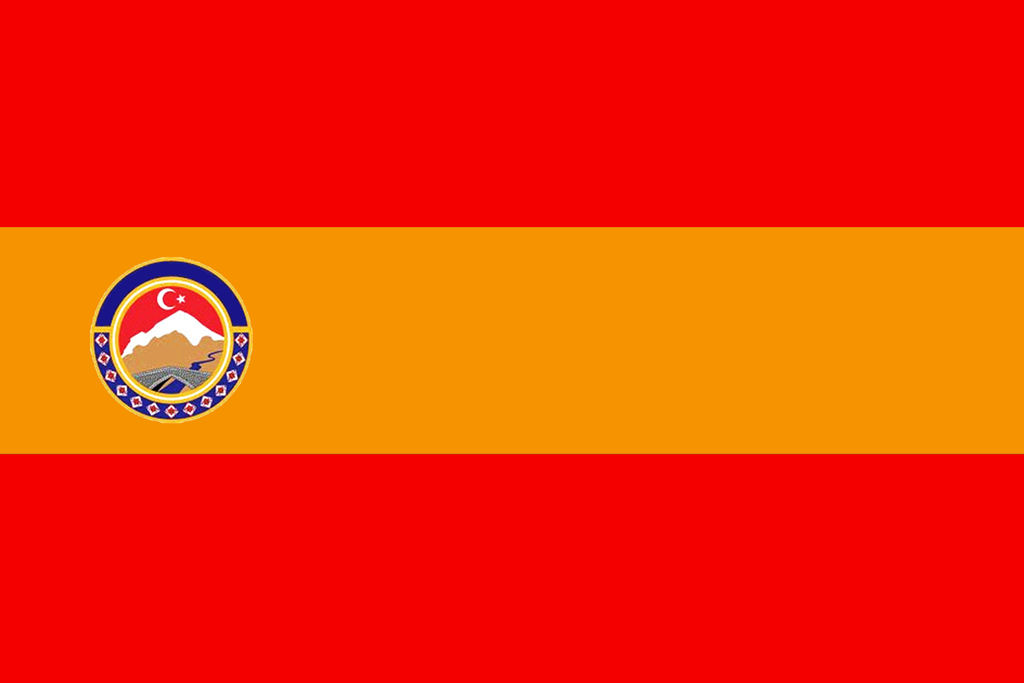
Popular
Geography and Tourist Attractions
Information about the province's tourist attractions, including popular destinations, events, and activities.
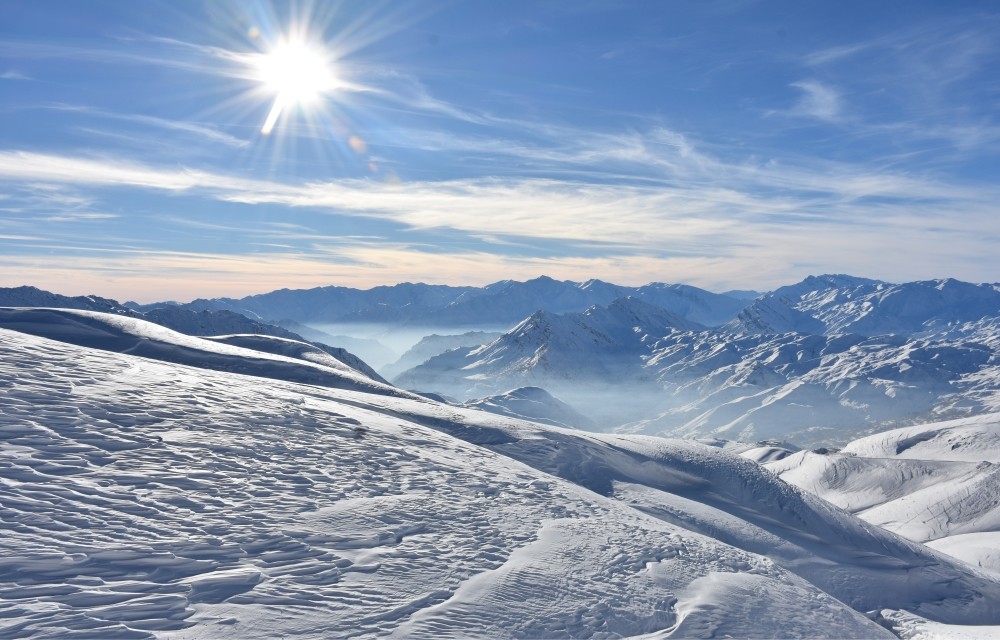
Mount Sümbül
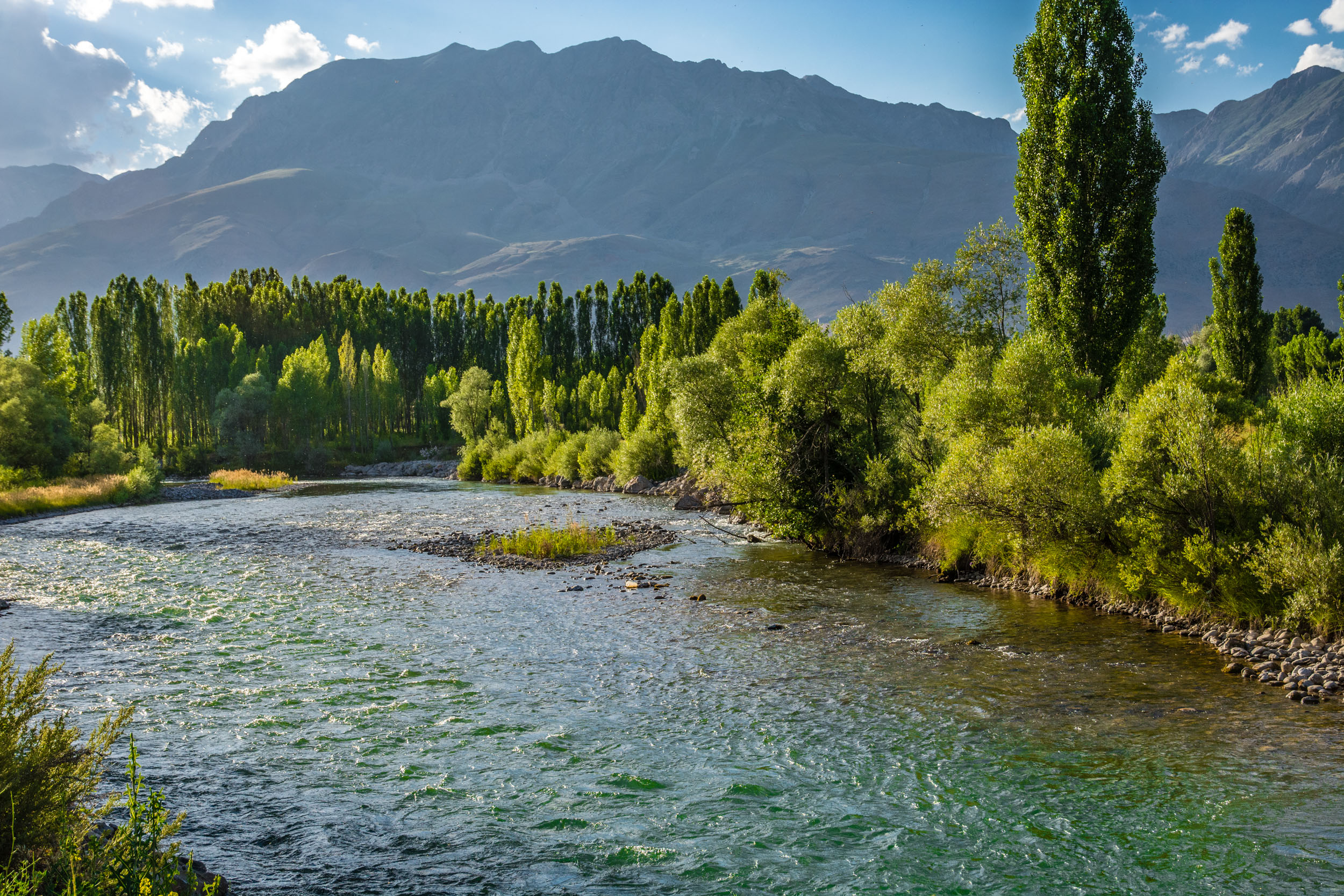
Munzur Valley National Park
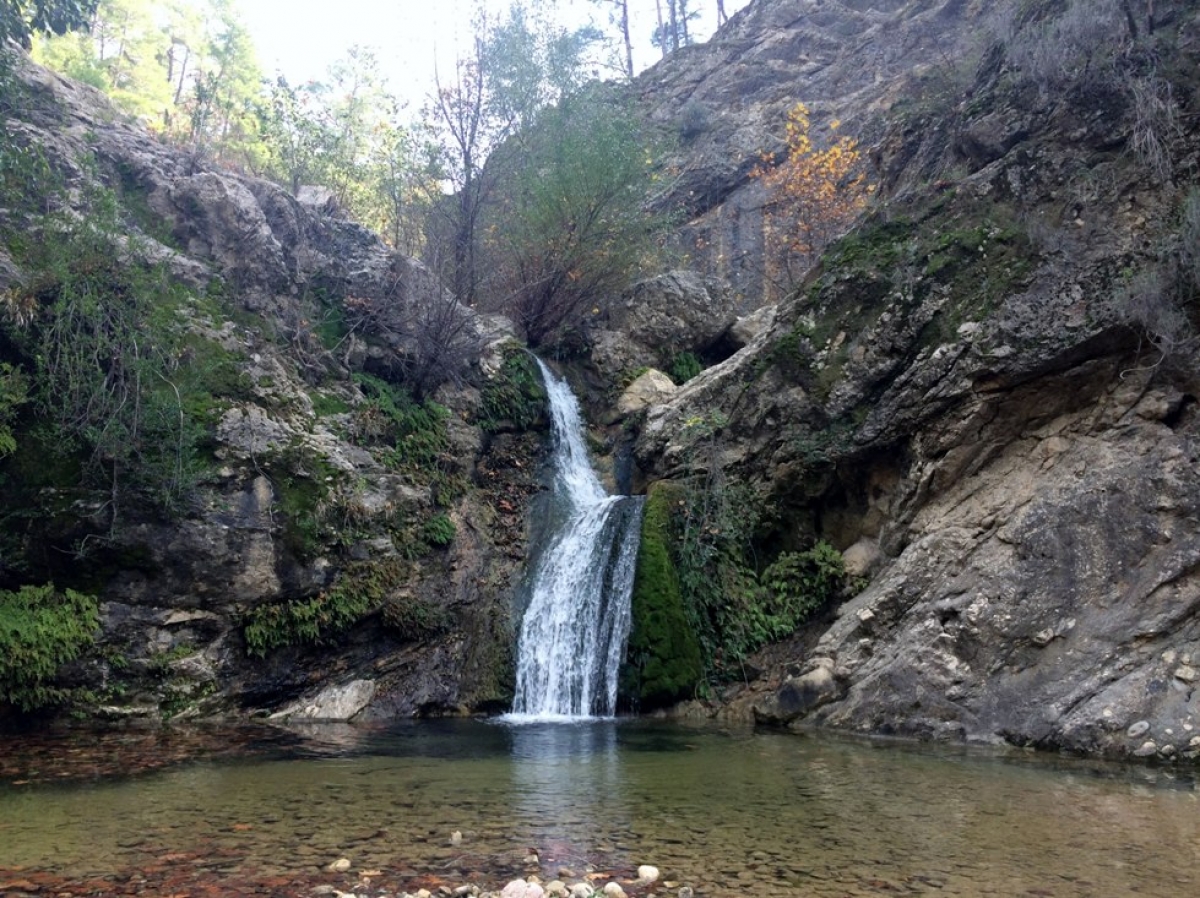
Çukurca Waterfall
Political
Economy and Government
Hakkâri, a province in Turkey, has an economy that primarily relies on agriculture, livestock farming, and trade. The region's fertile lands and favorable climate support the cultivation of crops such as wheat, barley, fruits, and vegetables. Livestock farming, including sheep and cattle rearing, also contributes significantly to the local economy.
Hakkâri's strategic location at the border with Iraq and Iran fosters cross-border trade, benefiting the province's commercial activities. The trade sector plays a crucial role in facilitating the import and export of goods, contributing to the economic development of the region.
The government of Hakkâri, like other provinces in Turkey, operates under the governance structure of the Republic of Turkey. The province is administered by a governor appointed by the central government. The government ensures the provision of public services, infrastructure development, and implementation of policies that promote economic growth and social welfare.
Efforts are made to support entrepreneurship and attract investments in Hakkâri, particularly in sectors such as agriculture, tourism, and trade. The government also focuses on improving education, healthcare, and transportation infrastructure to enhance the quality of life for its residents. Local governance mechanisms, including municipal administrations and elected representatives, play a vital role in addressing the specific needs and concerns of Hakkâri's population.
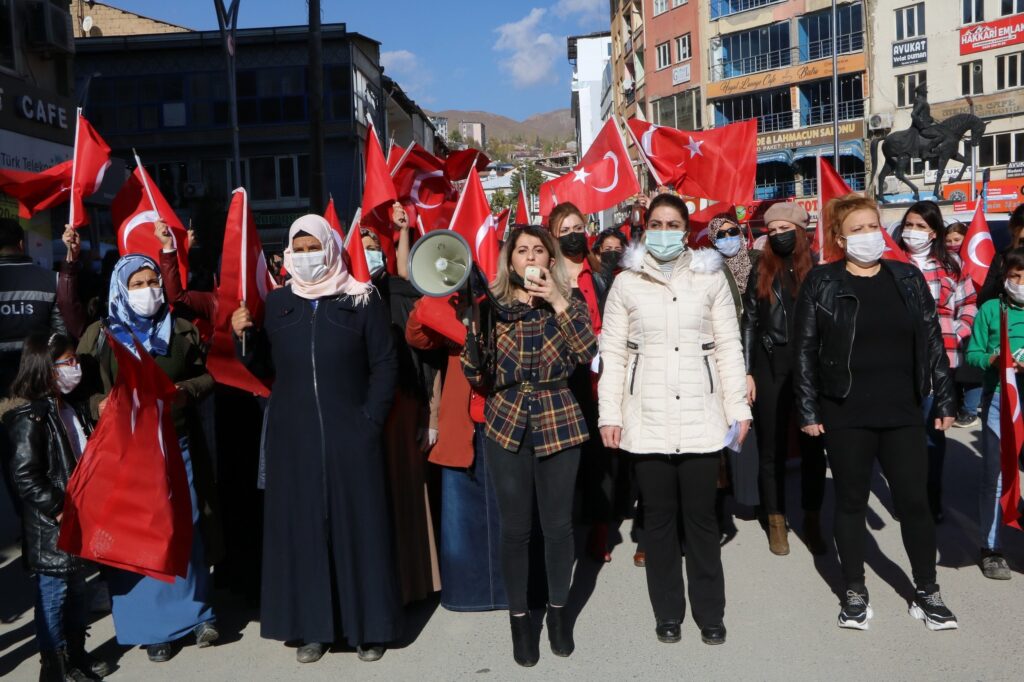
History
History and Culture
Hakkâri, a province in Turkey, has a rich history and vibrant culture that reflects the influences of various civilizations throughout the centuries. The region has been inhabited since ancient times, with traces of Assyrian, Urartian, Persian, and Ottoman civilizations. Its strategic location along historical trade routes has shaped its cultural and historical development.
The province is known for its diverse cultural heritage. The Kurdish population in Hakkâri has contributed to a vibrant tapestry of traditions, language, music, and cuisine. Traditional dances like the "Halay" and "Dilan" are performed during celebrations, showcasing the province's cultural identity.
Historically, Hakkâri has been a melting pot of different religions and ethnicities. Mosques, churches, and ancient ruins, such as the Zibni Church and Hasankeyf Castle, are testaments to the region's religious and architectural history.
Hakkâri's culture also includes unique handicrafts like rug weaving, embroidery, and wood carving, showcasing the artistic skills and creativity of the local artisans.
Preserving and promoting the cultural heritage of Hakkâri is important to its residents and the government. Festivals, exhibitions, and cultural events are organized to celebrate the province's history and foster a sense of community pride. The cultural richness of Hakkâri adds to its charm and makes it a captivating destination for those interested in Turkey's diverse heritage.
HOTELS
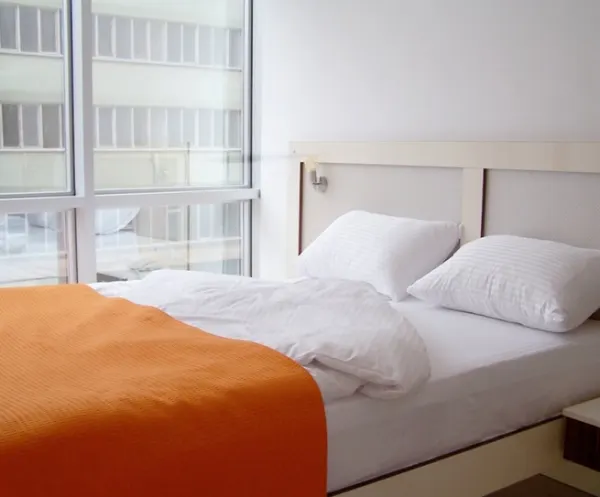
Hotel Buyar
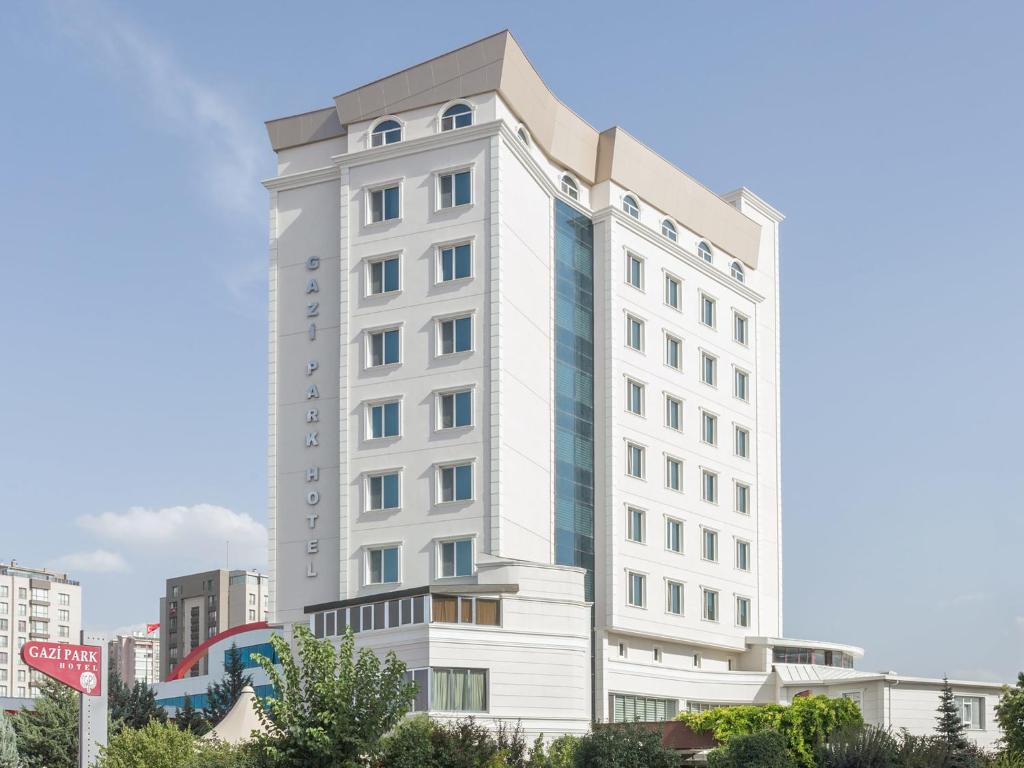
Hotel Gazi
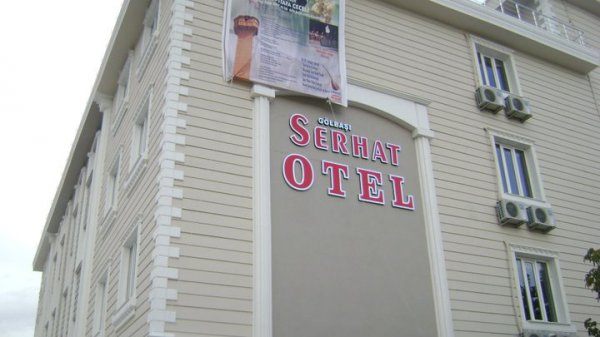
Hotel Serhat
RESTAURANTS
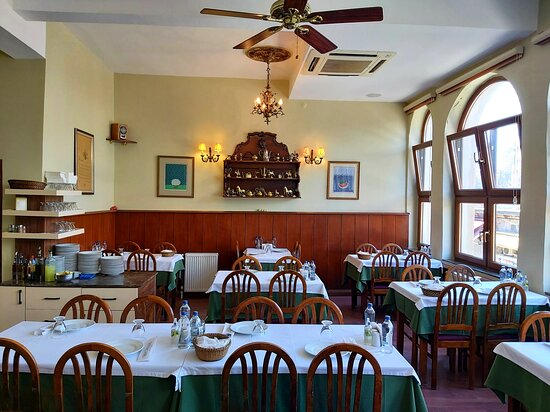
Aslan Restaurant
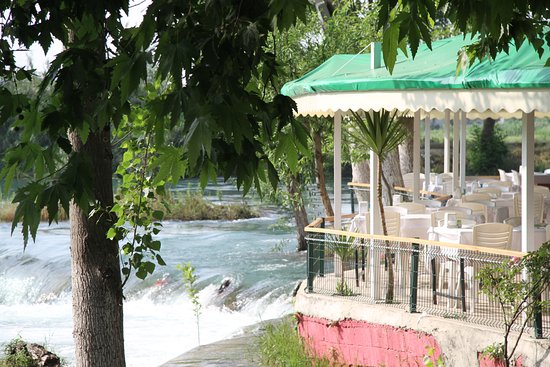
Has Bahçe Restaurant
